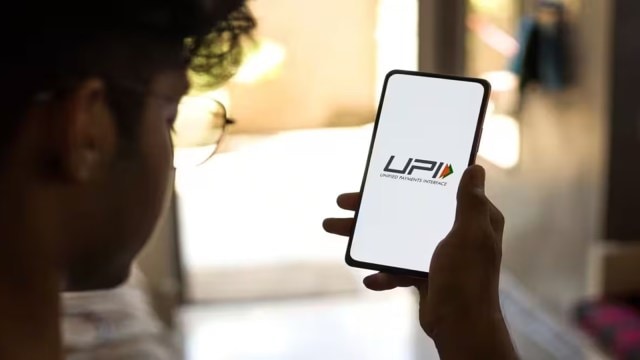While the process is expected to add some friction to digital payments, officials are of the view that it is necessary to mitigate cybersecurity concerns. If finalised, the measure could cover a wide range of digital payments through Immediate Payment Service (IMPS), Real Time Gross Settlement (RTGS) and even the Unified Payments Interface (UPI).

To be sure, the plan is not to just delay or limit the first transaction upon account creation – which already happens in some shape or form across most digital payment means – but to regulate every first transaction between two users, irrespective of their independent past transaction history.
For instance, currently, when a user creates a new UPI account, they can send a maximum of Rs 5,000 in the first 24 hours. Similarly, in the case of National Electronic Funds Transfer (NEFT), post activation of a beneficiary, Rs 50,000 (in full or parts) can be transferred in the first 24 hours.
But, according to the plan on the table, a time limit of four hours will apply every time a user makes the first payment over Rs 2,000 to another user they have never transacted with before.
“We are looking to add a time limit of four hours for first-time digital transactions over Rs 2,000. The discussion will be taken up during a meeting on Tuesday with government and industry stakeholders including the Reserve Bank of India, various public and private sector banks, and tech companies like Google and Razorpay,” a senior government official said, requesting anonymity.
“Basically, how it will work is that you will have four hours after making a payment to someone for the first time to reverse or modify the payment. It will be along the lines of NEFT (National Electronic Funds Transfer) where the transaction happens within a few hours. Initially, we did not want to have any amount limit thresholds, but through informal discussions with the industry, we realised it could impact small-scale buying like groceries etc. so we are planning to give a leeway to transactions under Rs 2,000,” the official added. Queries sent to the National Payments Corporation of India (NPCI), which manages the UPI platform, remained unanswered until publication.
Story continues below this ad
ExplainedFor better monitoring
THE PLAN is not to just delay or limit the first transaction upon account creation — which already happens in some shape or form — but to regulate every first transaction between two users, irrespective of their independent past transaction history.
Banks witnessed the maximum number of frauds in the digital payment category during the financial year 2022-23, according to the RBI Annual Report 2022-23. In FY2023, the total number of fraud cases in the banking system were pegged at 13,530, involving a total amount of Rs 30,252 crore. Of this, almost 49 per cent or 6,659 cases were in the digital payment – card/internet – category. As per a recent Financial Action Task Force (FATF) report on ‘Illicit Financial Flows From Cyber-enabled Fraud’, Citizen Financial Cyber Fraud Reporting and Management System (CFCFRMS) — the online system developed by the Indian Cyber Crime Coordination Centre (I4C) for quick reporting of financial cyber frauds and monetary losses — has intercepted transactions worth Rs 602 crore since its inception in April 2021.
While the consideration has been informally discussed for sometime, the trigger to formally discuss it came after the recent case faced by the Kolkata-based public sector lender UCO Bank when it reported credit of Rs 820 crore to account holders of the bank via IMPS.
Last week, the bank in a statement said that due to technical issues in IMPS during November 10-13, certain transactions initiated by holders of other banks had resulted in credit to the account holders in UCO Bank without actual receipt of money from these banks. The case has now been referred to the Central Bureau of Investigation (CBI).
On November 28, Tuesday, the Department of Financial Services under the Union Finance Ministry will chair a meeting with government and private stakeholders to discuss digital payment frauds, financial crimes and cybersecurity measures required to counter these activities.


































